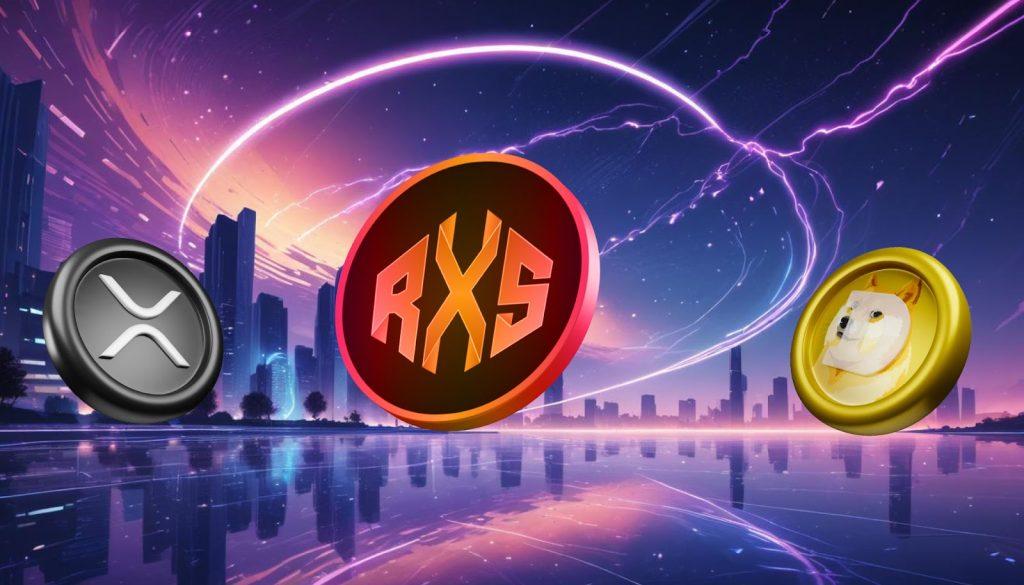Stablecoin issuers could become among the largest holders of U.S. Treasuries within the next five years, overtaking China and Japan, the U.S. Treasury believes.
A recent report by the Treasury Borrowing Advisory Committee (TBAC) notes that over half of the funds stablecoin issuers hold are invested in U.S. government securities. These issuers have invested nearly $150 billion in these securities out of a total stablecoin market cap of $242 billion.
TBAC cited a report by Standard Chartered (NASDAQ: SCBFF) in which the bank predicted that stablecoins could grow into a $2 trillion market by 2028. The committee expects half of this to be invested in U.S. government securities, translating into over $1 trillion in demand for the sector.

Source: TBAC
TBAC is a committee of private-sector leaders from top banks, trading institutions, hedge funds, and investment firms who advise the U.S. Treasury on debt and borrowing strategies.
TBAC is one of several institutions that have cited stablecoin issuers as an increasingly important cog in the U.S. government securities machine. Currently, these issuers hold a tiny fraction of the securities, but with stablecoins expected to explode over the next five years, their significance will skyrocket.
In a separate report, Citi (NYSE: C) estimated that by 2030, these issuers will hold more U.S. Treasuries than any foreign country, surpassing Japan and China, which currently have the lead. The bank projects that issuers will hold $1.2 trillion in five years, with Japan at $1.08 trillion and China at a distant third with $761 billion. And with most governments now trimming their U.S. debt holdings (China’s current tally is its lowest since 2009), they could be America’s best bet.
The TBAC report delved into other aspects of the stablecoin sector and how they could affect the American financial industry. One is interest payments, which most governments have been against for years. With non-interest bearing stablecoins, growth can only be a function of their rising utility as payment instruments, the report says.
Interest payments change the game, however. TBAC believes this could shift deposits from traditional finance into stablecoins, and with American firms dominating the sector, it could be a net win in the long run. Commercial banks would be the big losers, but the committee says they can get involved by becoming custodians or issuing stablecoins themselves.
Meanwhile, the future of stablecoins in the U.S. is still in limbo, with legislators clashing over the GENIUS Act. Democratic Senators in Congress have now turned against the Act, whose updated version they say fails to address concerns around money laundering and national security.
Treasury Secretary Scott Bessent blasted the Democrats, saying they “missed an opportunity to provide that leadership today by failing to advance the GENIUS Act.”
Malaysia eyes tokenized securities
In Malaysia, the country’s securities watchdog has launched a public consultation on new regulations for issuing tokenized securities.
The Securities Commission (SC) published the proposed framework recently, outlining its scope, how it would fit in with existing market regulations, obligations of tokenized security issuers and investor protections.
The framework defines a tokenized capital market product as “a digital representation of any of [Malaysia’s recognized] capital market products.” These include securities, derivatives, retirement schemes, unit trust schemes and any other product based on securities or derivatives.
SC distinguished tokenized securities from digital tokens and digital currencies, which Malaysian laws recognize as securities. It also draws a line between digital twin representation tokens, which serve as a digital copy of traditional assets, and native tokens, which are the capital market products.
In the initial phase, the agency will focus its regulatory efforts on the former, noting that native tokens have “increased complexity and risk.”
While the new framework introduces some new guidelines, the SC reiterated that market participants must comply with all other existing regulations.
Interested issuers must ensure consistency in the legal title of the tokens and the underlying product; for instance, the token transfer between two investors will not serve as the final record confirming ownership of the asset, as Malaysian laws require the transfer of the ownership of the underlying product.
Issuers must also prove proficiency in DLT, including minting, transfer, redemption, and burning of tokens. On DLT, the SC notes that issuers can choose between public networks and private ledgers. Each has its drawbacks, and it’s up to the issuer to select the network that best suits its needs, the agency added.
Other requirements include proper disclosures, anti-money laundering, and investor protection.
The public consultation ends on June 16.
Watch: Stablecoins with Daniel Lipshitz
















 English (US) ·
English (US) ·